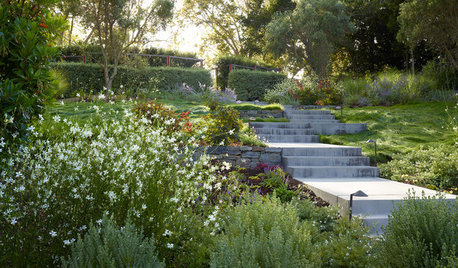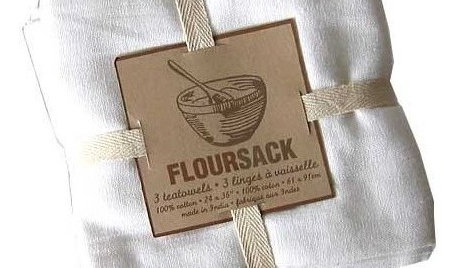No Earth Worms/Not great results
richdelmo
11 years ago
Related Stories

BOOKSCan Tidying Up Result in Life-Changing Magic?
Organizing phenom Marie Kondo promises big results — if you embrace enormous changes and tough choices
Full Story
COLORSpeed-Dial Color Selection to Get the Best Result
You’ve belabored your color decisions and are still stuck. Here is how to evaluate your space and make choices that are right for you
Full Story
HOUZZ TOURSHouzz Tour: Battling the Tides Results in a Wondrous House on the Water
A complex construction effort pays off big-time with unobstructed views of Blue Hill Bay in Maine
Full Story
EARTH DAY5 Ideas for a More Earth-Friendly Garden
Consider increasing the size of garden beds, filtering rainwater and using plants to reduce energy use
Full Story
LANDSCAPE DESIGNEasy Ways to Manage Stormwater for Lower Bills and a Healthier Earth
Send cleaner runoff into local waterways and spend less on yard irrigation with these simple landscaping approaches
Full Story
GREEN DECORATINGBamboo Products — Earth Friend or Foe?
The ecofriendliness of this grass for flooring, wall coverings and furniture isn't cut and dried. Get the facts here
Full Story
ARCHITECTUREAll the Possibilities: 4 Homes at the Edge of the Earth
Travel to the far reaches of land, where these residences straddle rocky cliffs, leafy lakeshores and choppy inlets
Full Story
PRODUCT PICKSGuest Picks: Earth-Friendlier Finds for the Home
Reduce paper and plastic use the simple, stylish way with ecoconscious kitchen, laundry and bathroom items
Full Story
MOST POPULAR12 Key Decorating Tips to Make Any Room Better
Get a great result even without an experienced touch by following these basic design guidelines
Full Story
DINING ROOMS40 Great Gifts for Dining and Entertaining
Houzz Gift Guide 2010: Hot Ideas for Design-Loving Hosts
Full Story






Lloyd
ericwi
Related Professionals
Chattanooga Landscape Architects & Landscape Designers · Foothill Ranch Landscape Architects & Landscape Designers · Franconia Landscape Architects & Landscape Designers · Manorville Landscape Architects & Landscape Designers · Panama City Landscape Architects & Landscape Designers · Lakeland Landscape Contractors · Amesbury Landscape Contractors · Arlington Landscape Contractors · Cliffside Park Landscape Contractors · Mason Landscape Contractors · Old Saybrook Landscape Contractors · Palos Verdes Estates Landscape Contractors · The Villages Landscape Contractors · Fredericksburg Decks, Patios & Outdoor Enclosures · Atlantic City Decks, Patios & Outdoor Enclosuresrhizo_1 (North AL) zone 7
glib
gardenlen
richdelmoOriginal Author
plaidbird
emgardener
nc_crn
pnbrown
rhizo_1 (North AL) zone 7
glib
Raw_Nature
glib
Raw_Nature
Raw_Nature
glib
Kimmsr
pnbrown
richdelmoOriginal Author
Raw_Nature
Lloyd
pnbrown
glib
glib
toxcrusadr
glib
richdelmoOriginal Author
Lloyd
Kimmsr
TXEB
Raw_Nature
pnbrown
TXEB
Raw_Nature
glib
TXEB
pnbrown
TXEB
Kimmsr
wertach zone 7-B SC
wayne_5 zone 6a Central Indiana
richdelmoOriginal Author
TXEB
nil13
pnbrown
party_music50
Raw_Nature
luckygal
richdelmoOriginal Author